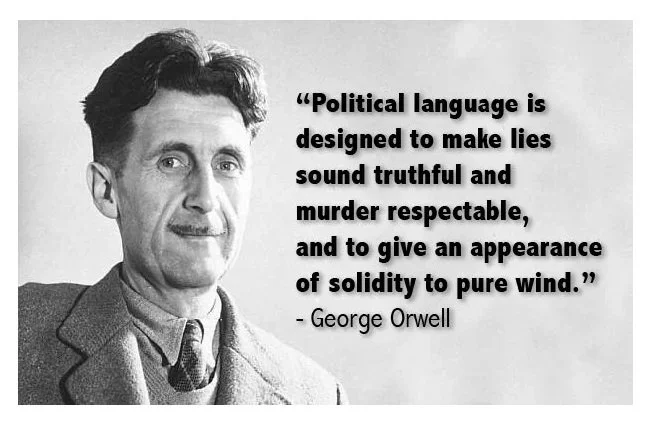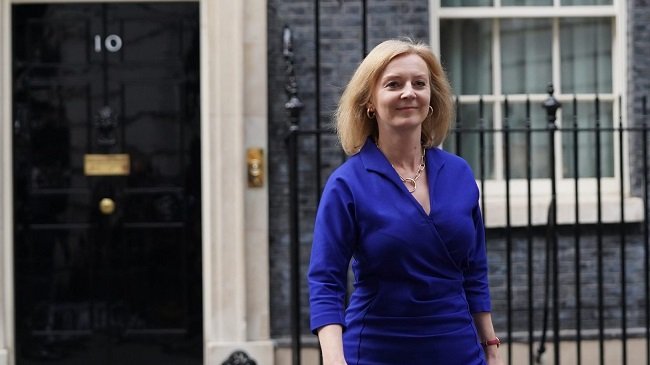Political Language and Rhetoric
Politicians have a distinct way of talking when being interviewed or giving a press conference. It is often characterised by a strategic use of language, centred around rhetorical devices, persuasion techniques and a careful framing of messages. Direct answers to questions are usually avoided, with tangential responses being preferred. Opinions and specific perspectives are frequently presented as facts. There is also a propensity to focus on “problems” and apportioning blame, rather than “solutions”. It’s important to note that the use of language in politics is a complex and dynamic process influenced by various factors, including cultural context, media dynamics, and the evolving political landscape. Different politicians may employ different communication strategies based on their individual styles and objectives. Here are some key aspects of how politicians use language:
Persuasion and Rhetoric:
Emotional Appeals: Politicians often use emotionally charged language to connect with the audience. Appeals to fear, hope, anger, or empathy can be powerful tools for swaying public opinion.
Repetition: Politicians frequently repeat key phrases or slogans to reinforce their message and make it more memorable. This repetition can help shape public perception.
Framing:
Positive Framing: Politicians strive to present their policies, actions, or ideas in a positive light. They carefully choose words and phrases that cast their initiatives in the best possible way.
Negative Framing: Similarly, politicians may use negative framing to criticise opponents, policies, or situations. This can influence public perception and create a sense of urgency or concern.
Ambiguity and Vagueness:
Strategic Ambiguity: Politicians may use vague language to avoid committing to specific positions, especially on contentious issues. This allows them flexibility and can help them appeal to a broader audience.
Plausible Deniability: Vague language can also provide politicians with a degree of plausible deniability, making it harder for opponents to pin them down on particular statements.
Slogans and Catchphrases:
Memorable Messaging: Politicians often rely on catchy slogans and memorable catch phrases to encapsulate their key messages. These can serve as rallying cries and make complex issues more digestible for the public.
Euphemisms and Loaded Language:
Euphemisms: Politicians may use euphemisms to soften the impact of certain policies or decisions. This can make potentially unpopular actions more palatable to the public.
Loaded Language: The choice of words matters. Politicians might use loaded language to evoke strong emotions or to frame an issue in a particular way that aligns with their agenda.
Adaptation to Audience:
Tailoring Messages: Politicians often tailor their language to different audiences. The way they speak to a group of business leaders may differ from how they address a community gathering. This adaptability helps them connect with diverse constituencies.
Sound Bites and Media Interaction:
Media-Friendly Phrases: Politicians understand the importance of concise and media-friendly sound bites. They craft messages that can easily be quoted and shared in news coverage, ensuring that their perspectives are highlighted.
Understanding the way politicians use language can empower individuals to critically evaluate political discourse and understand the underlying messages being conveyed. It’s essential for the electorate of any country to be aware of how language is used to shape political narratives and to engage in informed and thoughtful analysis. Whether politicians should be expressing themselves in such a fashion is another matter altogether. It can be argued that the public has been tolerant for too long of what is essentially an oblique means of communication. In the UK, in recent years there has been a robust campaign to ensure that all government literature and websites are written in clear, plain English. It has proven very effective. Perhaps it is time for a similar lobby to be made regarding the manner in which politicians express themselves, seeking for a more clear and precise style.






























